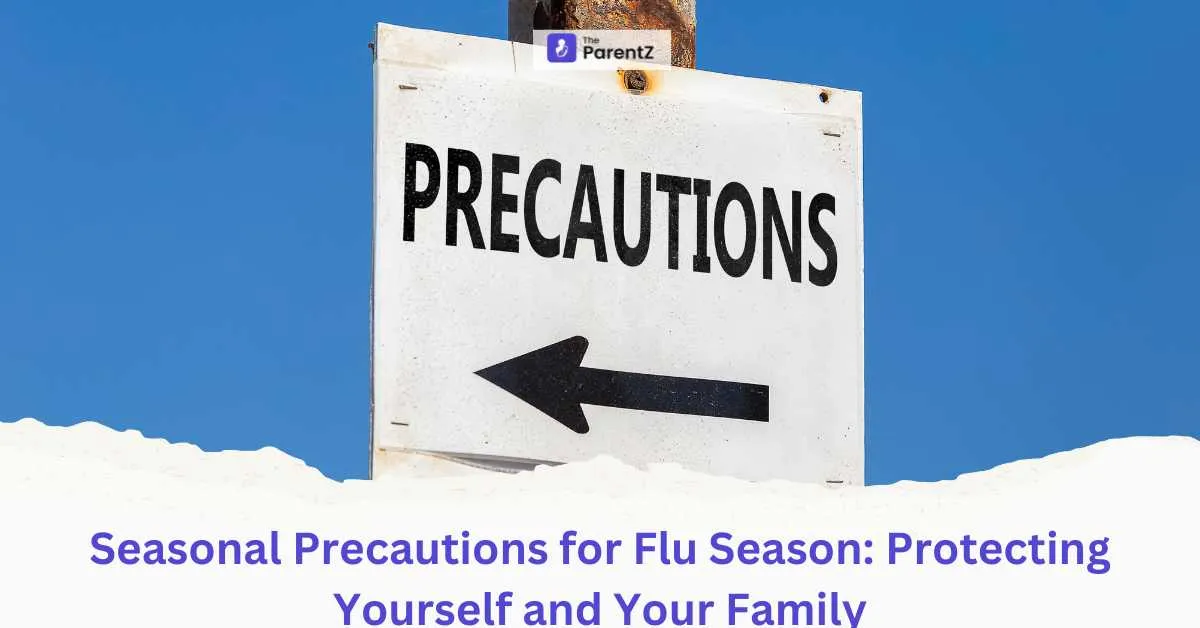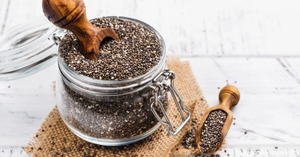Flu season, typically occurring in the colder months, brings with it an increased risk of contracting influenza and other respiratory illnesses. The flu can spread quickly and cause severe complications, especially for vulnerable populations like children, the elderly, and those with chronic conditions. By taking seasonal precautions, you can significantly reduce the risk of illness and ensure a healthier season for yourself and your loved ones.
Why Are Precautions Important During Flu Season?
- High Transmission Rates: Influenza viruses spread easily through respiratory droplets, making close contact a significant risk.
- Severe Complications: For certain groups, the flu can lead to pneumonia, bronchitis, and even hospitalization.
- Healthcare Strain: Outbreaks often overwhelm medical facilities, emphasizing the need for prevention at the individual level.
Key Precautions for Flu Season
1. Get Vaccinated Early
- Flu Vaccine: The influenza vaccine is the most effective tool against the flu. It is updated annually to match the circulating strains and is recommended for everyone six months and older.
- Timing: Get vaccinated before flu season peaks, typically in October or November, to allow your body to build immunity.
- High-Risk Groups: Ensure that children, seniors, pregnant women, and those with chronic conditions are vaccinated.
2. Practice Good Hygiene
Hygiene is your first line of defense against flu viruses:
- Handwashing: Wash hands with soap and water for at least 20 seconds, especially after touching shared surfaces or being in public places.
- Sanitizer Use: Use alcohol-based hand sanitizers when soap isn’t available.
- Avoid Face Touching: Viruses can enter your body through the eyes, nose, or mouth, so avoid touching your face with unwashed hands.
3. Strengthen Your Immune System
A robust immune system can help your body fight off infections:
- Nutrition: Eat a balanced diet rich in vitamins (especially C and D), minerals, and antioxidants. Include foods like citrus fruits, leafy greens, nuts, and lean proteins.
- Hydration: Drink plenty of water to keep mucous membranes moist, helping to trap and expel pathogens.
- Exercise: Engage in moderate physical activity to boost immune function.
- Sleep: Ensure 7–9 hours of quality sleep per night, as rest is crucial for immune health.
4. Limit Exposure to Germs
Minimizing contact with infected individuals and high-risk environments can reduce your chances of contracting the flu:
- Avoid Crowded Places: Stay away from large gatherings, especially during peak flu season. If unavoidable, wear a mask and maintain distance.
- Disinfect Frequently Used Items: Regularly clean surfaces like doorknobs, phones, keyboards, and remote controls.
- Stay Home When Sick: If you or someone in your household is unwell, avoid going to work, school, or public places to prevent spreading the illness.
5. Wear Masks in High-Risk Situations
- During flu season, wearing a mask in crowded or poorly ventilated areas can reduce the spread of respiratory droplets.
- Masks are particularly helpful if you are feeling unwell but need to interact with others.
6. Use Cough and Sneeze Etiquette
- Cover your mouth and nose with a tissue or your elbow when coughing or sneezing.
- Dispose of tissues immediately and wash your hands afterward.
Special Precautions for Vulnerable Populations
Children
- Ensure timely vaccinations according to the pediatric schedule.
- Teach them proper handwashing techniques and hygiene habits.
- Monitor school environments for potential outbreaks.
Seniors
- Consider high-dose flu vaccines tailored for older adults.
- Encourage limited contact with sick individuals and ensure routine health checkups.
- Keep homes well-ventilated and free from dampness, which can exacerbate respiratory issues.
Pregnant Women
- Flu vaccines are safe and highly recommended during pregnancy, providing immunity for both mother and baby.
- Avoid exposure to sick individuals and maintain regular prenatal care visits.
What to Do if You Feel Unwell
Even with precautions, you may still contract the flu. Early action can prevent complications and reduce the spread:
- Recognize Symptoms: Flu symptoms include fever, chills, muscle aches, fatigue, sore throat, and a runny or congested nose.
- Consult a Doctor: Seek medical advice promptly, especially if symptoms worsen or you belong to a high-risk group.
- Rest and Recover: Stay hydrated, get plenty of rest, and use over-the-counter medications for symptom relief.
- Isolate Yourself: Avoid close contact with others to prevent spreading the virus.
Community-Level Precautions
Individual efforts can be amplified by community-wide initiatives:
- Encourage Vaccination: Advocate for flu shots at workplaces, schools, and community centers.
- Implement Sick Policies: Employers and schools should have flexible sick leave policies to discourage attending while ill.
- Spread Awareness: Share accurate information about flu prevention through local campaigns and social media.
Benefits of Seasonal Precautions
- Health Protection: Reduced risk of infection and severe complications.
- Economic Savings: Fewer missed workdays and lower medical expenses.
- Stronger Community Resilience: Lower transmission rates and healthcare strain.
Conclusion: Stay Proactive This Flu Season
Flu season may be unavoidable, but its impact can be minimized through proactive measures. Vaccinations, good hygiene, and immune-boosting habits are your best defenses. By adopting these seasonal precautions, you not only protect yourself but also contribute to the health and safety of your community. Stay vigilant, stay healthy, and enjoy a flu-free season!








Be the first one to comment on this story.